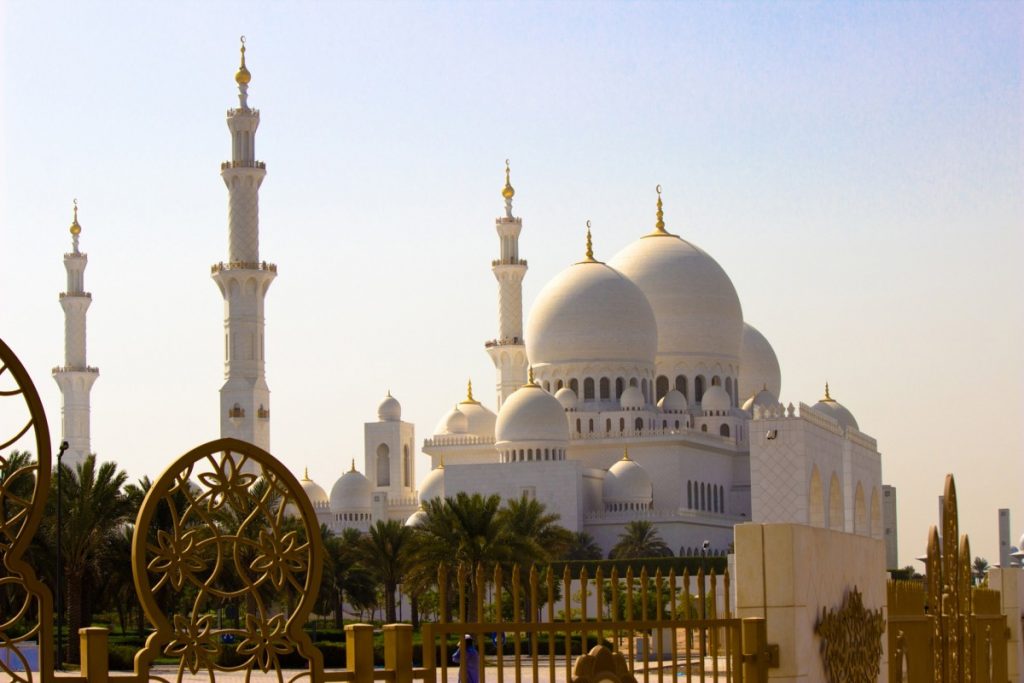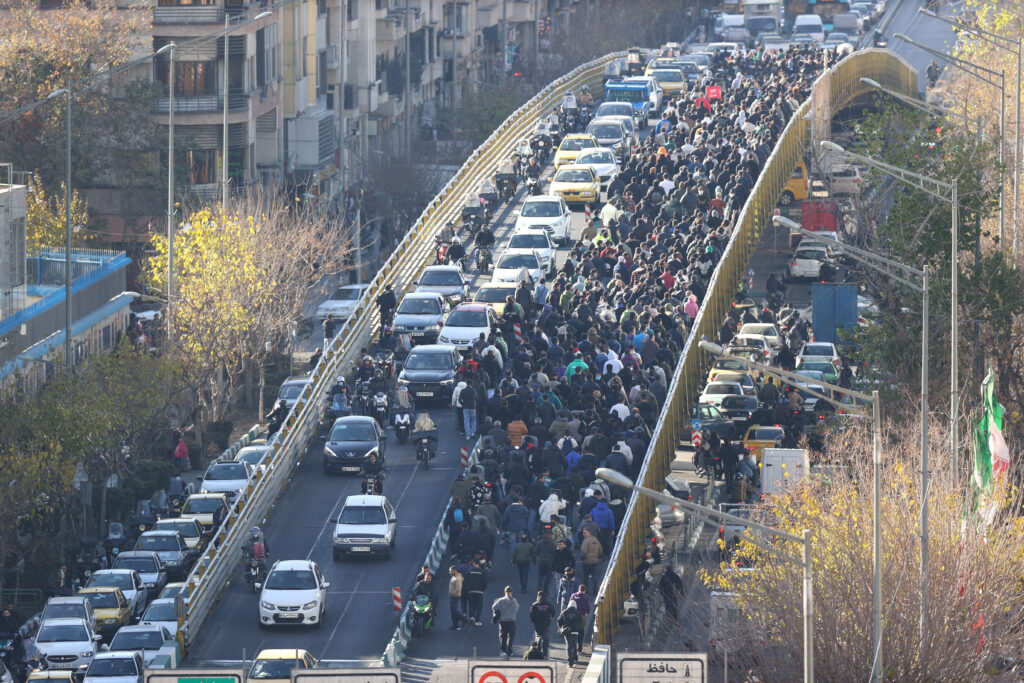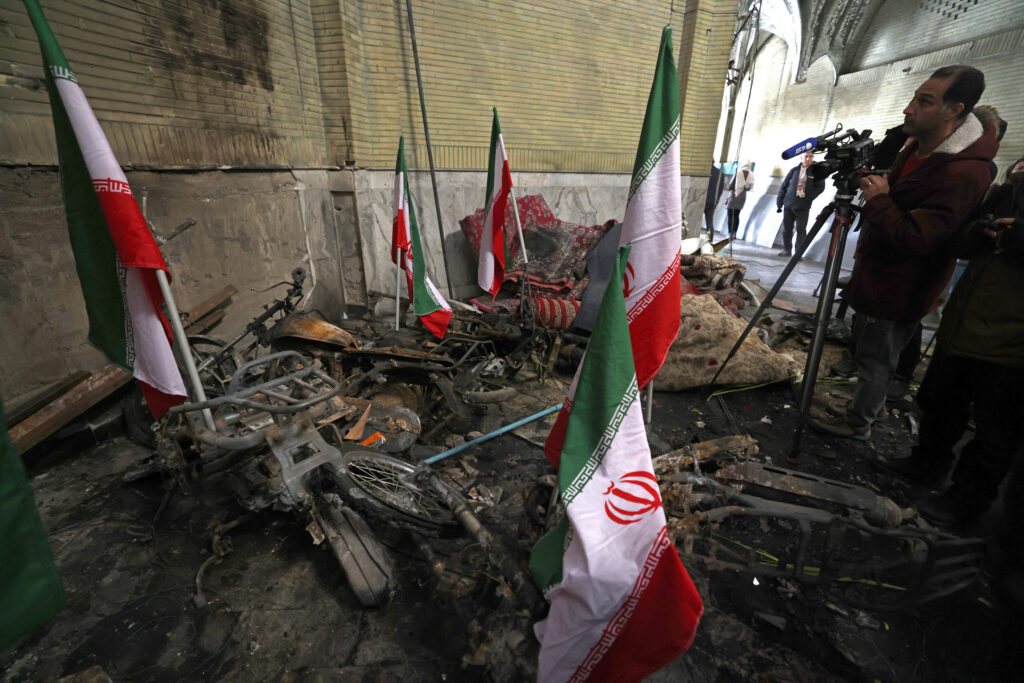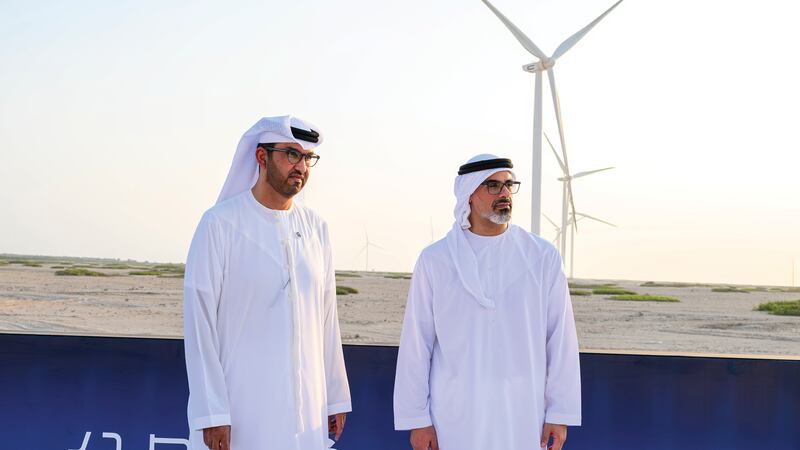Research Fellow Nisha Mathew comments on how Modi’s proposed Hindu temple project will help the UAE serve as a model for an Islam that accommodates all faiths.
Venturing into the UAE: Modi’s Hindu Temple Project
- -

On February 11, the Prime Minister of India Mr. Narendra Modi launched a Hindu temple project in Abu Dhabi. Unveiled at the Opera House in Dubai, it was a spectacular event with none other than the Crown Prince of Abu Dhabi, Mohammed Bin Zayed, or MBZ as he is better known, in attendance. The proposed Swaminarayan temple is a sprawling complex, replete with shopping centres, wedding halls and parking lots and modelled on the Akshardam temple in New Delhi. Expected to be completed in 2020, it will stand on a 55, 000 square metre piece of land gifted to the Indian diaspora by MBZ himself. As it starts functioning, authorities in the UAE and the Swaminarayan trust managing the temple expect that it will catalyse further the inflow of Indian tourists and shoppers into the emirate, particularly those from the wealthy diaspora in the West.
The temple is a perfect recipe for driving economic growth in the desert, and Abu Dhabi has learnt its economic lessons from its neighbour Dubai, quite well. But unlike Dubai where oil held no long-term prospects, Abu Dhabi is an oil rich state that sits atop 9 per cent of the world’s proven resources and has sovereign wealth funds worth trillions of dollars. A temple is only going to be a drop in the ocean, why have it at all?
Look back closely at the series of events unfolding in the region over the past seven months, particularly the spat with Qatar over its alleged support of Islamic terrorism. The temple project sends a political message loud and clear to Qatar, the US and the rest of the world on how Abu Dhabi practises what it preaches, and how its version of Islam accommodates all faiths. Modi called it a ‘testament to tolerance’ in the Islamic Gulf—something that MBZ can leverage to claim that it is the UAE rather than Saudi Arabia that is capable of providing the leadership that the region needs, particularly as US dominance over Middle Eastern affairs wanes.








